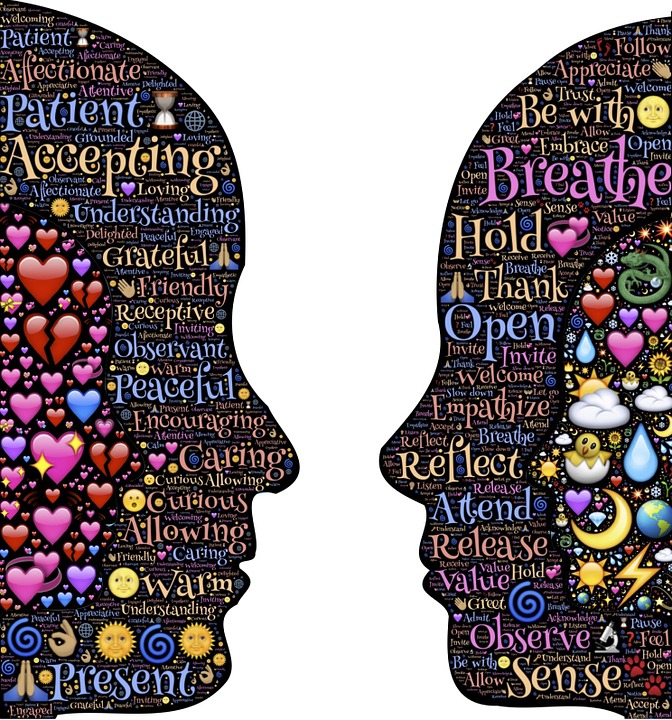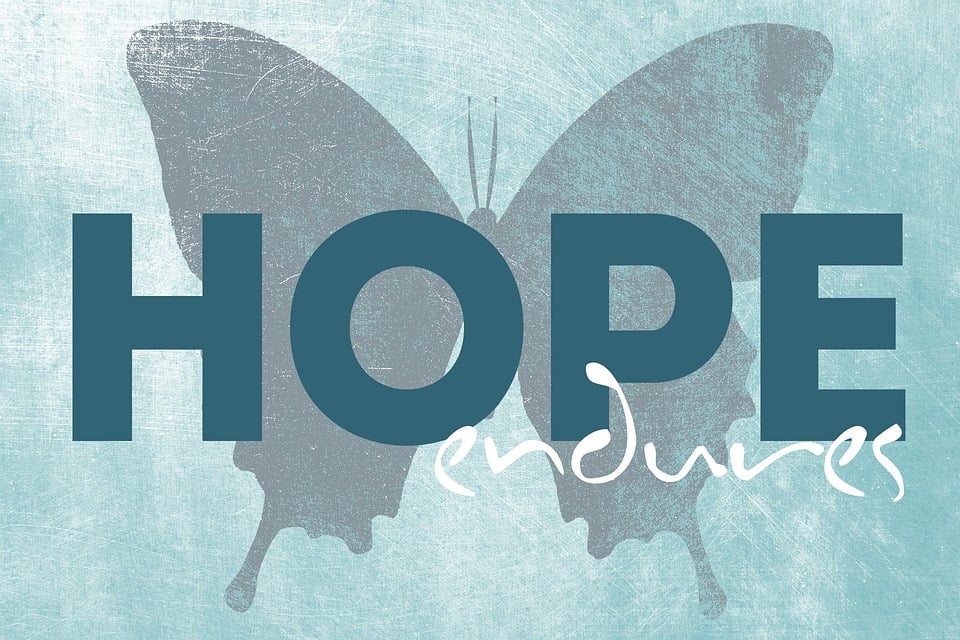Hope is an optimistic emotion that is based on the belief that things will get better. It is the expectation that good things will happen. We have the power to create a better future for ourselves and those around us. Hope can arise from many sources, such as personal experiences, cultural and social values, and religious or spiritual beliefs. It can motivate us to pursue our goals. In addition, persist in the face of obstacles, and find meaning and purpose in life. At its core, aspiration is a fundamental aspect of the human experience. It provides us with the strength and resilience we need to face the challenges of life.
Where does hope come from?
Hope can come from a variety of sources, depending on the individual and their circumstances. Some people may find aspiration in their personal experiences. For instance, past successes, positive relationships, or moments of joy and fulfillment. Others may draw hope from their cultural or social values, such as the belief in justice, equality, or community. Religious or spiritual beliefs can also be a source of hope, providing a sense of purpose, connection, and transcendence.
Hope can also be inspired by external factors. It includes supportive relationships, inspiring role models, or positive changes in the world around us. For example, witnessing acts of kindness, progress toward social justice, or advancements in science and technology can inspire aspiration for a better future.
In many cases, hope arises from a combination of internal and external factors. Individuals draw on their strengths and resources to navigate the challenges of life. Aspiration can be strengthened through personal reflection, goal-setting, and self-care. Moreover, through seeking support from others and engaging with positive influences in the world.
Overall, the sources of hope are diverse and complex and may vary depending on the individual and their circumstances. However, what is common to all sources of aspiration is the belief in the possibility of a better future. The determination to work towards it, no matter how challenging the journey may be.
Types of hope
Personal hope: This aspiration generates within an individual, based on their own beliefs, experiences, and aspirations. It involves the belief in one’s abilities, strengths, and potential to achieve their goals.
Collective hope: This type of aspiration is shared by a group of individuals who have a common goal or purpose. It is often associated with social movements, community organizing, and collective action.
Spiritual hope: This type of hope is based on religious or spiritual beliefs, and involves a belief in a higher power or transcendent reality that can provide guidance, comfort, and meaning in life.
Realistic hope: This type of hope involves setting achievable goals and working towards them practically and realistically. It is based on a belief in one’s ability to overcome obstacles and make progress toward desired outcomes.
False hope: This type of hope is based on unrealistic or overly optimistic beliefs, and can lead to disappointment, disillusionment, and despair when reality falls short of expectations.
Hopelessness: While not a type of hope in itself, hopelessness is the absence of aspiration and involves a sense of despair, resignation, and powerlessness.
The type of aspiration that individual experiences can be shaped by a range of factors, including their personality, experiences, beliefs, and social context. Understanding the different types of aspirations can help individuals to cultivate a more balanced and realistic perspective on their goals and aspirations.

Features
Hope is a complex and multifaceted emotion, with many features or characteristics that define its nature
Positive expectation: Hope is characterized by an optimistic expectation for the future. It involves the belief that good things can happen, and that positive outcomes are possible.
Agency: Hope is associated with a sense of agency or personal control over one’s life. It involves the belief that individuals have the power to shape their future through their actions and decisions.
Persistence: Hope involves persistence and determination in the face of obstacles and challenges. It encourages individuals to keep going even when the going gets tough and to persevere in the pursuit of their goals.
Flexibility: Hope is flexible and adaptable, allowing individuals to adjust their goals and strategies in response to changing circumstances or setbacks.
Emotional resilience: Hope is associated with emotional resilience, helping individuals to cope with stress, adversity, and disappointment. It provides a sense of purpose and meaning and can help to counteract feelings of despair or hopelessness.
Social support: Hope is often reinforced by social support, including supportive relationships, role models, and communities. It provides a sense of connection and belonging and can help individuals to overcome feelings of isolation or loneliness.
The characteristics of hope reflect its capacity to inspire and motivate individuals. It helps to create a better future for themselves and others. While hope is not a guarantee of success. Moreover, it can provide the strength and resilience needed to face life’s challenges with courage and determination.

Disappointment
Experiencing disappointment or failure when our hopes are not realized can be a challenging experience. However, there are several strategies that individuals can use to cope with these setbacks. Furthermore, maintain their sense of hope and resilience.
Reframe the expectations: Sometimes our hopes and expectations can be unrealistic or too narrowly focused. It may be helpful to reframe our expectations and goals in a more flexible and open-minded way. It allows for the possibility of unexpected outcomes or alternative paths to success.
Focus on the process, not just the outcome: Instead of solely focusing on the result, it can be helpful to focus on the process of pursuing our goals. This can involve setting achievable and meaningful milestones along the way, celebrating small successes, and learning from setbacks and failures.
Cultivate self-compassion: It is important to practice self-compassion and kindness towards ourselves when we experience disappointment or setbacks. This involves acknowledging our emotions and struggles and treating ourselves with the same kindness and understanding that we would offer to a close friend.
Seek support: Social support can be an important source of hope and resilience during difficult times. This may involve seeking out the support of family, friends, or a professional counselor or therapist.
Engage in self-care: Taking care of our physical and emotional needs can help to maintain our resilience and hope during challenging times. This may involve engaging in regular exercise, practicing relaxation techniques, getting adequate sleep and nutrition, and engaging in activities that bring us joy and fulfillment.
Overall, maintaining a sense of hope and resilience in the face of disappointment or failure can be challenging. However, it is possible with practice and support. By reframing our expectations, focusing on the process, cultivating self-compassion, seeking support, and engaging in self-care, we can build our capacity for hope and resilience in the face of adversity.
Verses
In the darkest of nights,
When everything seems lost,
Hope shines like a beacon,
A light that never exhausts.
It whispers to the heart,
“Don’t give up, keep the faith,
For every ending is a start,
And every fall has a grace.”

Hope blooms like a flower,
In the desert of despair,
It gives us the strength to go on,
To believe that someone does care.
It’s the voice that cheers us up,
When we’re feeling down,
The hand that lifts us high,
When we’re about to drown.
So hold on to your hopes,
And let them guide your way,
For they will lead you to the light,
And a brighter, better day.
Conclusion
In conclusion, hope is a powerful and essential part of the human experience. It provides us with a positive expectation for the future. Indeed, motivation to pursue our goals and dreams, and emotional resilience to overcome adversity. The traits of hope, including positivity, emotional investment, motivation, resilience, flexibility, and social support, all contribute to its ability to inspire and uplift us. While hope cannot guarantee success or happiness. It is a vital ingredient in our pursuit of a fulfilling and meaningful life. Let us hold on to our hopes and let them guide us toward a brighter future.
